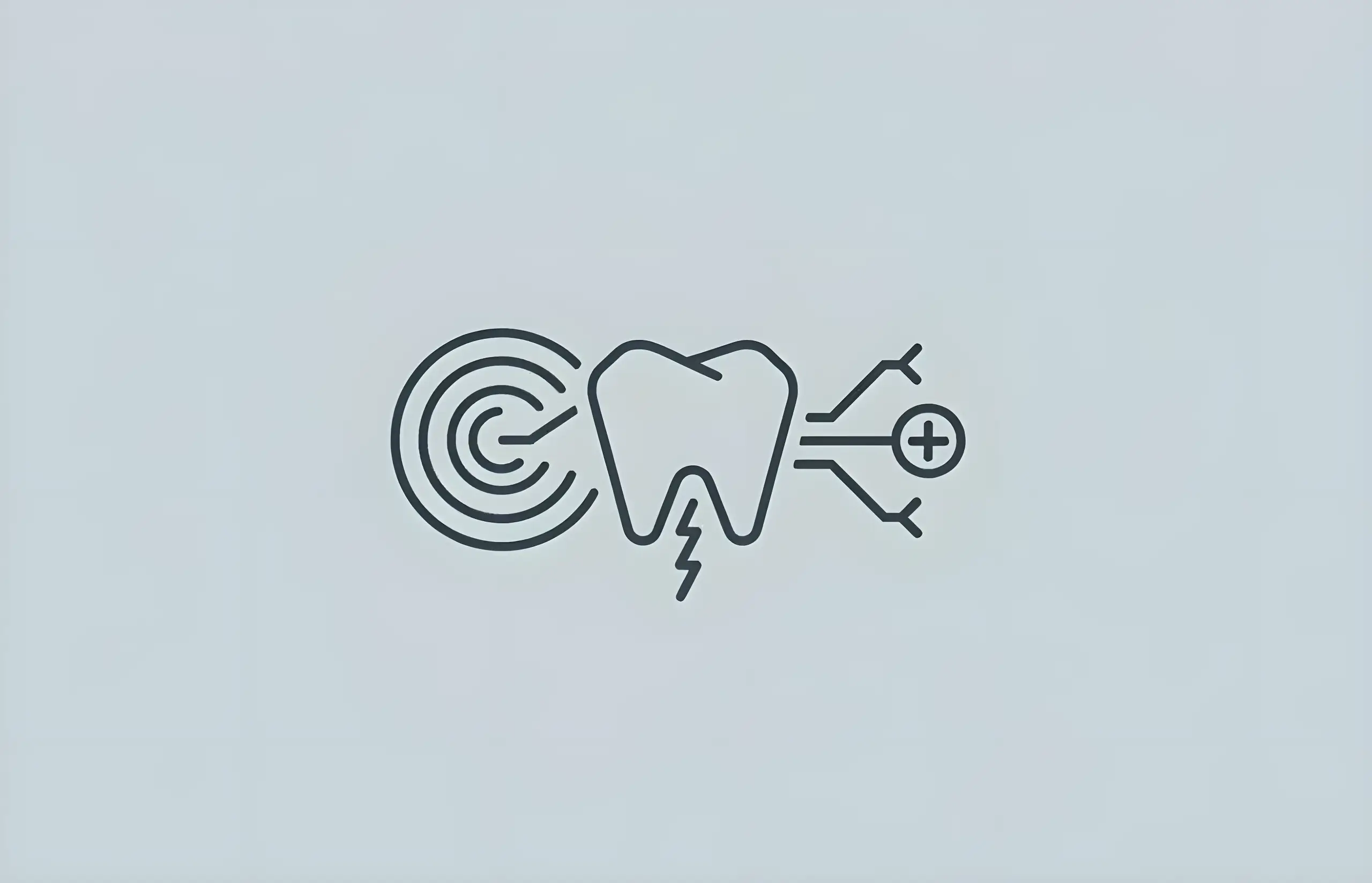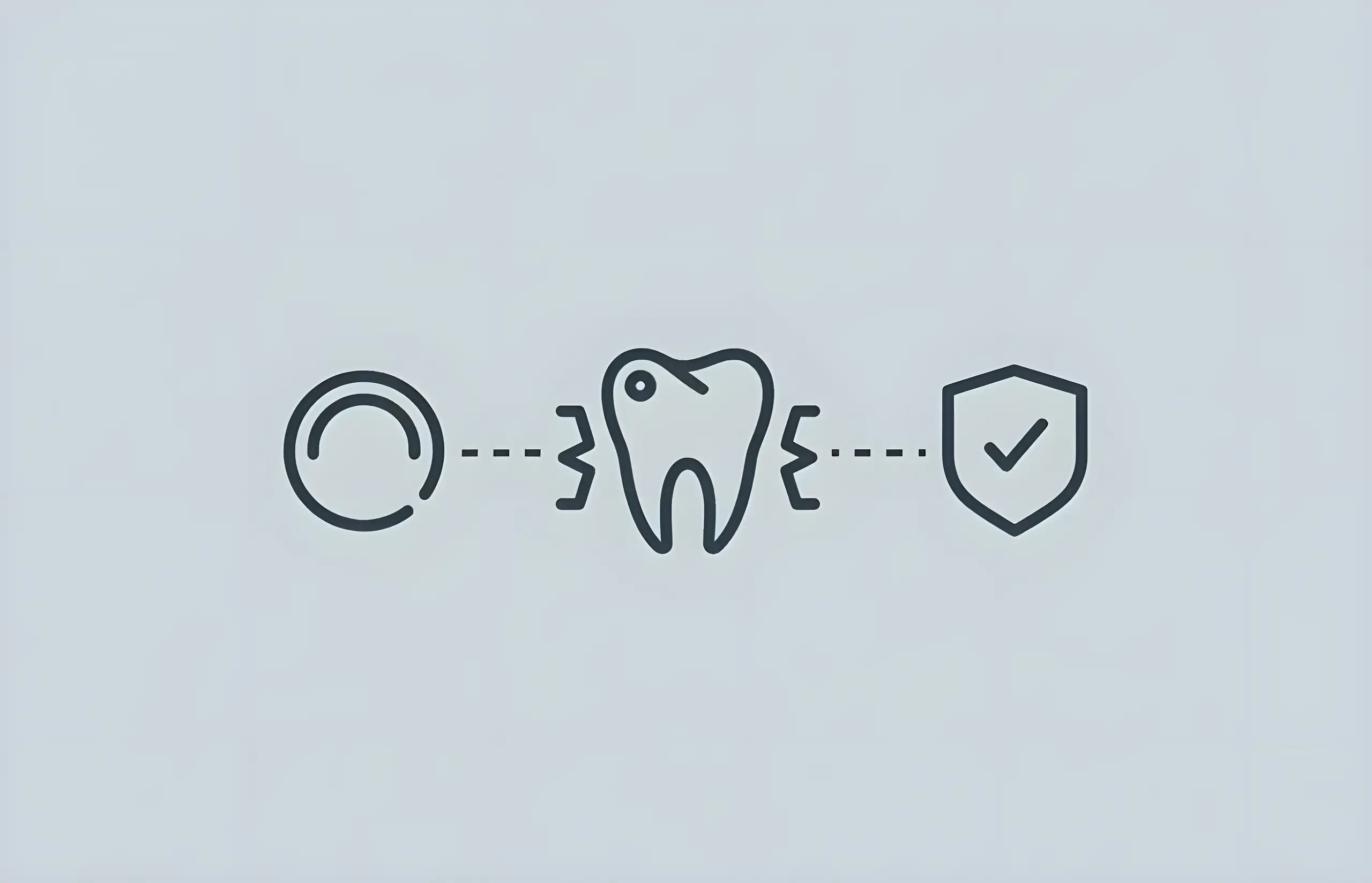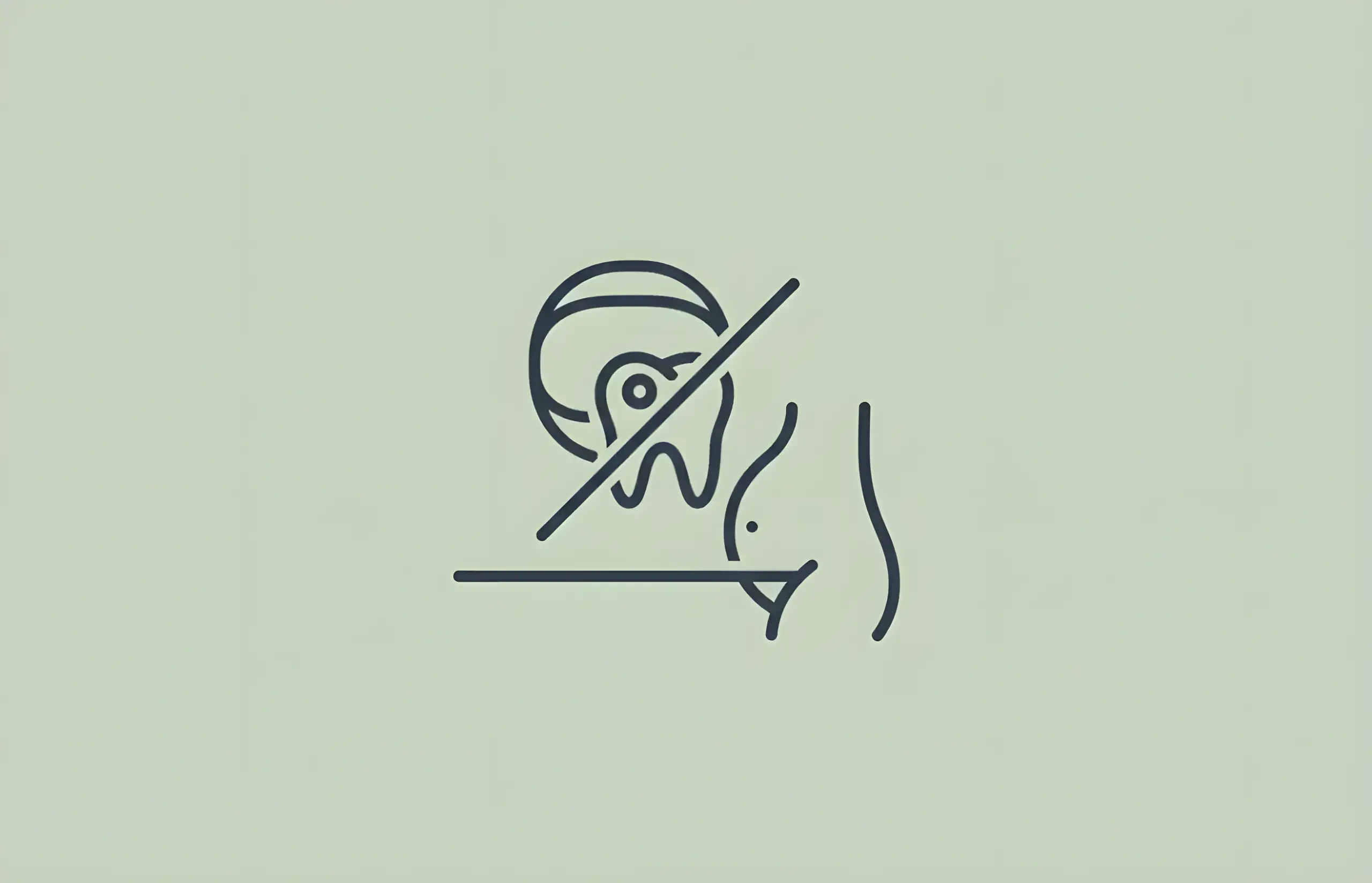Being pregnant often puts a woman in a delicate physical situation, and most people are familiar with the common issues pregnant women experience. But what happens when a dental emergency occurs? Such as painful wisdom teeth that require oral surgery? Should a pregnant woman wait till her baby arrives to get it extracted or should she get it done right away?
Before making the final decision, you need to consider an array of factors such as which trimester you are in, the condition of your teeth, the risk of infection, and finally a nod from your obstetrician.
When Should You Consider Having a Wisdom Teeth Removed during Pregnancy?
Generally, it is advised to postpone all complicated medical procedures till the birth of your child. If your wisdom teeth aren't causing any discomfort to you and are not infected, it's best to postpone the surgery till you give birth.
But you shouldn't wait any longer if you spot an infection on your wisdom teeth and you are writhing in constant pain. The best option in such a scenario is to get them removed as soon as possible. Poor oral health could have serious repercussions on your overall health, as an oral infection is bound to spread to other parts of the body too.
Extraction of wisdom teeth is recommended if your doctor feels that the risk of the dental infection outweighs the risk of the dental surgery. An untreated infection would not only cause you constant pain and agony but also risk the health of your unborn child.
If you face the following problems, you should immediately go for wisdom teeth extraction:
- If you are experiencing severe pain that doesn't let you eat or sleep properly.
- When there is the risk of permanent damage to your gums and teeth.
- When an infection has been spotted or there is a high risk of infection.
Which Is the Best Trimester to Get Teeth Removal Done?
The second trimester is considered the best and safest time to get your teeth extraction done. It is safe to avoid any major medical procedures during the first trimester as this would be the time when the baby's major organs are being developed.
The third trimester would also be a difficult time for surgical procedures to get done, as the mom-to-be might find it difficult to sit comfortably for long hours on the dental chair.
In short, the safest trimester to get your troubling wisdom teeth extracted is the second trimester, which is when you are four to six months pregnant. But if you have a dental emergency, no matter what trimester you are in, you should immediately consult your obstetrician and oral surgeon to get it treated.
What Are the Major Risks of Wisdom Teeth Removal during Pregnancy?
Any surgery involves associated risks too, and one has to be extra cautious during pregnancy, as it involves the well-being of the unborn child too. The major risks associated with wisdom teeth extraction during pregnancy are risks related to anesthesia, X-rays, and of course, infection.
Anesthesia
Wisdom teeth extraction is a painful procedure and it's impossible to undergo it without taking aesthesia. But if you are wondering whether pregnant women can undergo anesthesia, the answer is a resounding yes!
You would have to opt for the local anesthesia instead of the general anesthesia. Your oral surgeon would use local anesthesia on you before they begin the surgery for wisdom teeth removal. This is indeed considered the safest option to undergo during pregnancy.
Local anesthesia doesn't travel through your bloodstream, making it perfectly safe to use during dental procedures during pregnancy. Stronger kinds of anesthesia that are usually used during oral surgeries like IV sedation and laughing gas aren't recommended during pregnancy.
X-Rays
Taking X-rays is an important step before the removal of your wisdom teeth by an oral surgeon. This step can't be avoided. Though X-rays result in some level of radiation exposure, this could be minimized to the maximum possible extent with the help of aprons of protective nature.
Also, a single X-ray doesn't have enough radiation to cause any harm to you or your unborn baby.
Infection
Just like any other surgery, oral surgery for wisdom teeth extraction also involves the risk of infection. An infection could increase the chances of early labor and other pregnancy-related complications. So it is best to consult your obstetrician before you decide to undergo a wisdom teeth extraction.
Even in the case of contracting an infection after the surgery, do not panic, as several antibiotics are approved as safe to use during pregnancy.
Why Dental Care Is Important during Pregnancy
Pregnancy and the resultant hormone changes could make you susceptible to oral health issues such as cavities, inflammation, and swelling in your gums. Morning sickness could also result in abnormal bacteria in your mouth. If left untreated, these issues could aggravate, and cause harm to both the mother and unborn child.
Giving due importance to oral hygiene is important during pregnancy. Sitting uncomfortably on a dental chair for hours to get your teeth extracted could be the last thing you would want to do during pregnancy. So make regular dental care a habit during pregnancy to avoid cavities, gum issues, and other dental issues.
Final Thoughts
It is considered ideal to delay non-essential medical procedures till the birth of the baby. But if you experience severe discomfort and pain, it is best to get it treated. A painful wisdom tooth warrants immediate medical attention.
Make it a point to consult your obstetrician before you go ahead with the surgical procedure. It is important to ascertain any kind of risk factors before you undergo the wisdom teeth removal procedure.
It is also a good idea to stay in contact with a dentist to schedule regular checkups for your teeth. So if it has been a long time since you've had an appointment with your dentist, pick up the phone and schedule a session now!
Sources and References
-
[1]
Use of local anesthetics for dental treatment during pregnancy; safety for parturientJournal of Dental Anesthesia and Pain Medicinehttps://pmc.ncbi.nlm.nih.gov/articles/PMC5564152/
-
[2]
Physiology of pregnancy and oral local anesthesia considerationsPeerJhttps://pmc.ncbi.nlm.nih.gov/articles/PMC10315135/
-
[3]
Expert consensus on the treatment of oral diseases in pregnant women and infantsInternational Journal of Oral Scienceshttps://pubmed.ncbi.nlm.nih.gov/40883270/
-
[4]
Exploring the Influence of Oral Health on Pregnancy Outcomes: A Narrative ReviewGlobal Health, Epidemiology and Genomicshttps://pmc.ncbi.nlm.nih.gov/articles/PMC12297142/
All sources accessed and verified on . Medical information reviewed for accuracy and compliance with current guidelines.
Related Articles

How Long Does Pain After Wisdom Tooth Extraction Last?
Understanding wisdom tooth extraction pain duration, recovery timeline, and how to minimize discomfort after the procedure

Wisdom Tooth Infection: Causes, Symptoms & Treatment
Comprehensive guide to wisdom tooth infections including impaction, cavities, and post-extraction complications, with detailed symptoms and evidence-based treatment options

Wisdom Tooth Pain: Causes & Remedies
Understanding Pericoronitis Symptoms and Evidence-Based Pain Relief (73.7% Report Pain as Main Indication)
About The Dental Guide
The Dental Guide is a trusted online resource providing evidence-based information about dental health, treatments, and procedures. Our content is created and reviewed by qualified dental professionals to help you make informed decisions about your oral health.
Our Mission
- Evidence-based dental information
- Expert-reviewed content
- Clear, accessible explanations
- Latest treatment options
- Patient-focused guidance
Editorial Standards
- GDC-registered dental professionals
- Peer-reviewed sources
- Regular content updates
- Medical accuracy verification
- Transparent authorship
Important Notice
The information on The Dental Guide is for educational purposes only and should not replace professional dental advice. Always consult with a qualified dentist for diagnosis and treatment recommendations tailored to your individual needs and circumstances.
Medically Reviewed
Reviewed by Dr. Nasim Mechoui , BDS (Bristol)
Share this article
Comments & Discussion
Have questions about dental implants? Share your thoughts or experiences.
